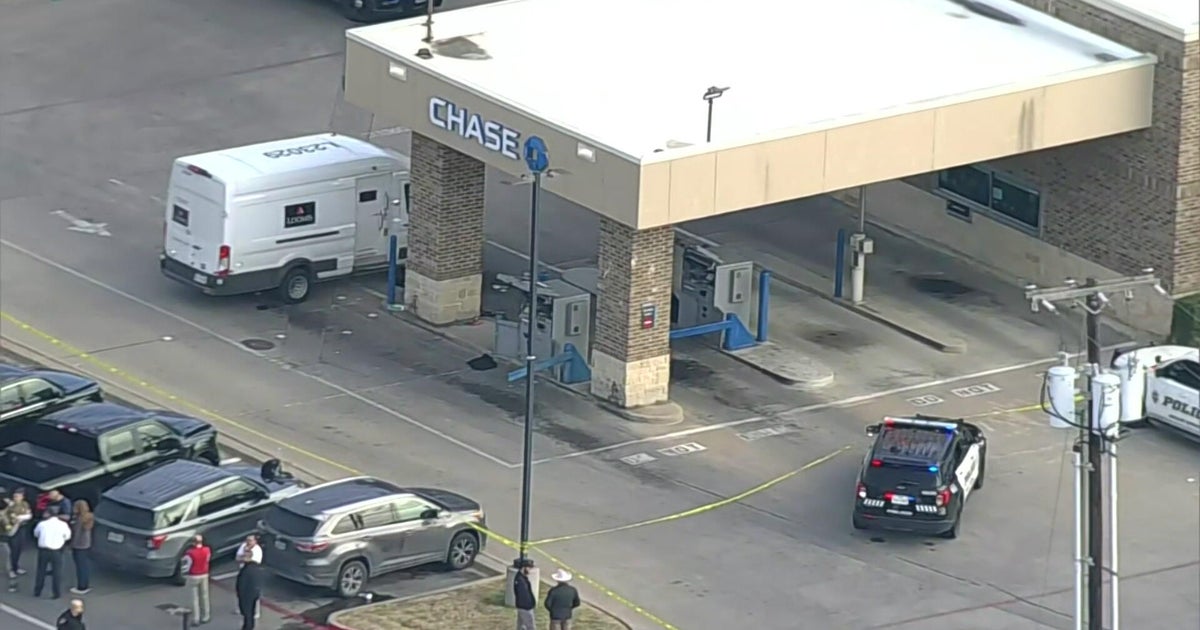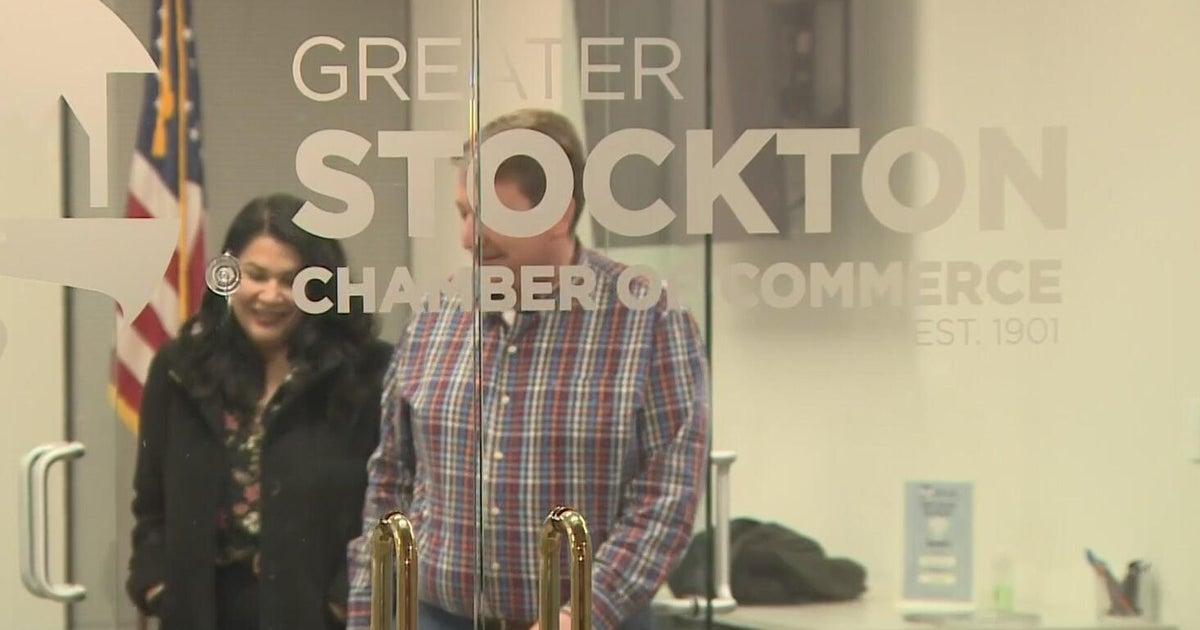Good Question: How Do Hackers Get Into Our Computers?
MINNEAPOLIS (WCCO) -- FBI Director James Comey and Facebook CEO Mark Zuckerberg put tape over the webcams on their computers. It won't stop hackers, but it is a low-tech way of preventing others from seeing what's going in their lives.
So, how do hackers get into our computers? Good Question.
"If you asked me five years ago, if I needed tape on my computer, I would have thought you were crazy," says Chris Schulte, a senior forensic consultant with The Newberry Group. "But fast forward to today, that's a real thing."
He says hackers can get into people's computers in a number of ways. They might be looking for tax information, financial statements, photos or any information they can use to sell or make money. Sometimes, they hack a person's computer to use it to attack someone or something else.
"I'm suspicious of all attachments in all emails, no matter who they come from," says Schulte. Many times, he says attachments in emails have malicious software that allows hackers to turn on cameras or give control of the computer.
Then, there are websites that offer, for example, pirated software. The site might offer a link with a free version of the program, but that program could have a virus. Schulte says people should be aware of looking for free music or movies online.
"In order to see the movie, you have to click on a browser plug-in," says Schutle. "Well, that's malicious software. It gets in and once it gets in, it can do anything on the system."
Logging into public or unsecured wifi can also be a threat because your data isn't protected. There's a chance the person next to you can see what you're doing or where you're going on your computer.
Schulte says hackers are constantly changing their approaches, but people can take some steps to protect themselves. He recommends keeping software up to date, installing antivirus software, having firewalls, no opening attachments or emails you don't trust, not clicking on websites you don't trust and having a different password for everything online.
"What we recommend is something we call a layered approach to security," he says. "The idea is that one of those things will always protect you if they break through this layer, then there's this one."







